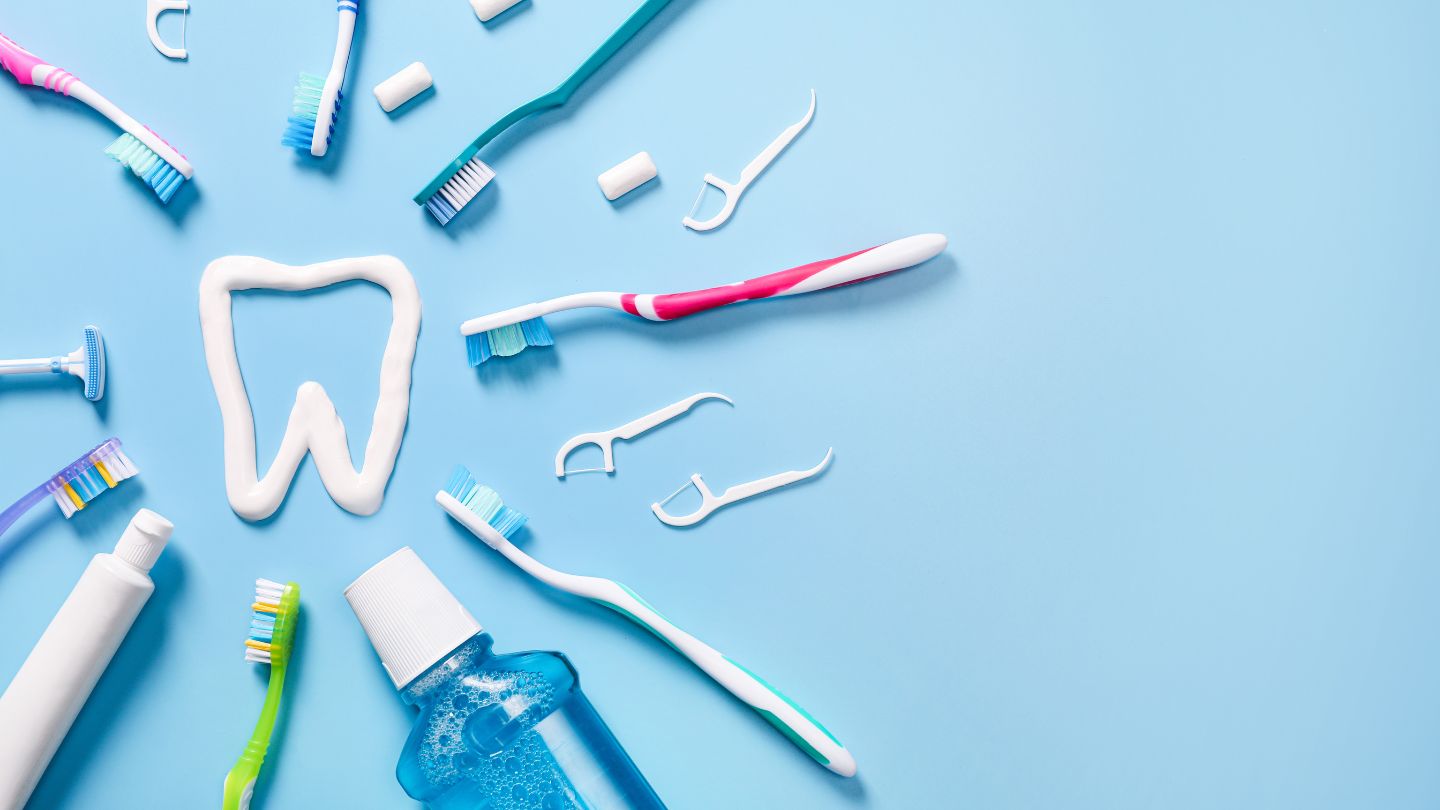Introduction
Teeth whitening is a popular cosmetic dental procedure, but there are many myths and misconceptions surrounding it. In this article, we will debunk some of the most common myths about whitening to help you make informed decisions about your oral health.
Teeth whitening is a popular cosmetic dental procedure that can help improve the appearance of stained or discolored teeth. However, there are several myths and misconceptions surrounding whitening that can lead to confusion. In this article, we will debunk some of the most common myths about whitening to help you make informed decisions about your oral health.
Myth 1: Teeth Whitening Damages Tooth Enamel
One common myth about teeth whitening is that it can damage tooth enamel. In reality, when performed by a qualified dental professional, whitening is unlikely to damage tooth enamel. The bleaching agents used in whitening treatments are safe and only affect the color of the teeth, not the structure of the enamel.
Myth 2: Whitening Results Are Permanent
Another common misconception is that teeth whitening results are permanent. While whitening can provide long-lasting results, it is not permanent. The effects of whitening can vary depending on factors such as diet, oral hygiene habits, and lifestyle choices. Touch-up treatments may be necessary to maintain the results. 
Myth 3: Teeth Whitening Makes Teeth Sensitive
Some people believe that teeth whitening can make teeth sensitive. While it is true that some people may experience temporary tooth sensitivity after whitening, this is usually mild and resolves on its own. Using a desensitizing toothpaste can help minimize sensitivity.
Myth 4: Teeth Whitening Works for Everyone
While whitening is generally effective for most people, it may not work for everyone. Individuals with certain types of stains, such as those caused by medications or trauma, may not achieve the desired results with whitening alone. In such cases, alternative treatments may be recommended by a dental professional.
Myth 5: Over-the-Counter Whitening Products Are as Effective as Professional Treatments
It is a common misconception that over-the-counter whitening products, such as whitening toothpaste and strips, are as effective as professional treatments. In reality, over-the-counter products may be less effective than professional treatments. Professional treatments use higher concentrations of bleaching agents and are more closely monitored by a dental professional, leading to more effective and predictable results. 
In conclusion, teeth whitening is a safe and effective way to improve the appearance of stained or discolored teeth. By debunking these common myths and misconceptions, we hope to provide you with a better understanding of whitening and its benefits. If you are considering whitening, it’s best to consult with a dental professional to determine the best treatment option for you.
Conclusion
In conclusion, teeth whitening is a safe and effective way to improve the appearance of stained or discolored teeth. Despite common myths and misconceptions, whitening does not damage tooth enamel when performed by a qualified dental professional. While the results of whitening are not permanent, they can be long-lasting with proper maintenance and touch-up treatments. It’s important to consult with a dental professional before undergoing whitening to determine the best treatment option for your individual needs. By debunking these myths and understanding the facts about whitening, you can make informed decisions about your oral health and achieve a brighter, more confident smile.
FAQs
Q 1: Is teeth whitening safe?
Yes, whitening is considered safe when performed by a qualified dental professional. However, some individuals may experience temporary tooth sensitivity or gum irritation. It’s important to follow the dentist’s instructions and use whitening products as directed to minimize the risk of side effects.
Q 2: How long does whitening last?
The duration of teeth whitening results can vary depending on factors such as diet, oral hygiene habits, and lifestyle choices. In general, the results of whitening can last anywhere from several months to a few years. Touch-up treatments or avoiding certain foods and beverages that can stain the teeth can help maintain the results.
Q 3: Can whitening damage tooth enamel?
When performed by a qualified dental professional, teeth whitening is unlikely to damage tooth enamel. The bleaching agents used in whitening treatments are safe and only affect the color of the teeth, not the structure of the enamel.
Q 4: How effective are over-the-counter whitening products compared to professional treatments?
Over-the-counter whitening products, such as whitening toothpaste and strips, may be less effective than professional treatments. Professional treatments use higher concentrations of bleaching agents and are more closely monitored by a dental professional, leading to more effective and predictable results.
amir
Stay in the loop


